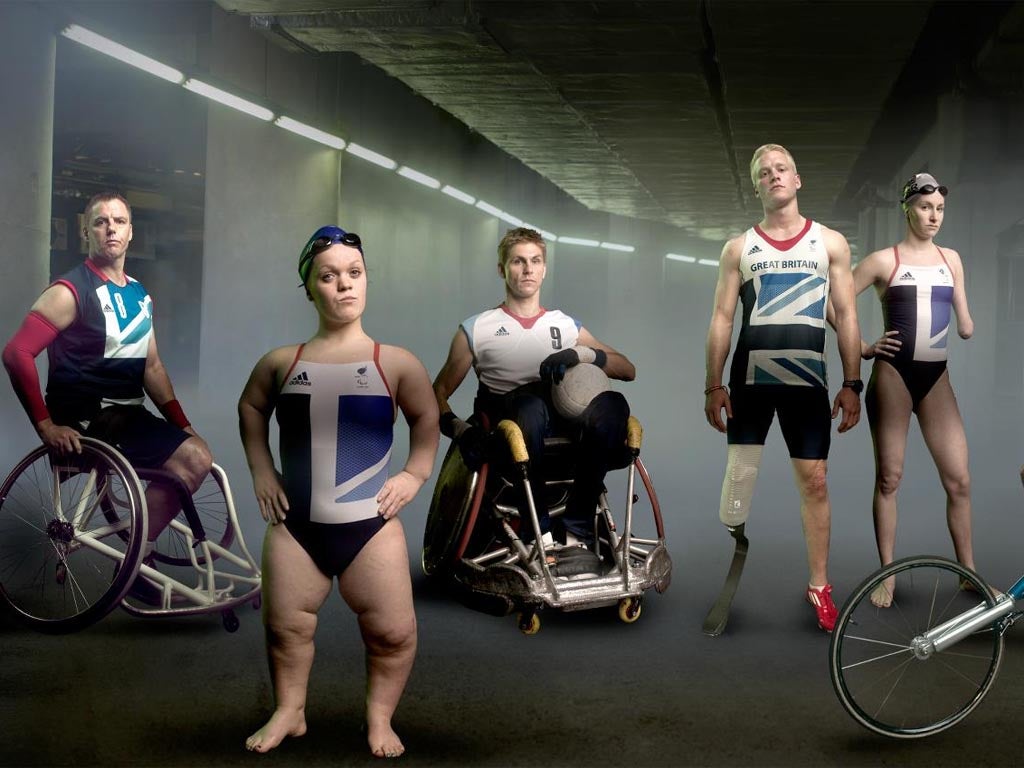Don't forget the word 'disability', but don't pity it either
The Paralympics offered a positive platform to disabled people, but it's the meaning attached to 'disability' that's the problem.

No one can tell you what your life means. But in the case of a ‘disabled’ life, they try. It is a tragedy, they say. A life better described as an existence. One that sits in the corner as the quiet gratitude is uttered: thank God that isn’t me.
It could be said the Paralympics changed that, it could be hoped this is the legacy it left behind. One where disability is not pitied and ignorable, but strong and screaming to life.
There was a shift in perception as the athletes took to the centre, a shift that couldn’t be avoided. After all, there is no helplessness in elite competition or vulnerability in pain barriers being pushed for the win. There is no passivity in raging as four years of training crumbles before your eyes.
What was merely ‘existing’ became strangely like living. They – the ones who last month were the weakest – were suddenly the strongest, the fittest, the best.
It could be said that the term ‘disability’ is moot in light of this. Indeed, it was what Paralympic committee President Philip Craven said on the eve of the Games. We should, he argued, drop the word ‘disabled’ from coverage altogether. How could these athletes be viewed as anything other than ‘able’?
If the legacy of the Paralympics is to remove the word disabled, then it’s a legacy that has gone badly wrong. The problem is not the term ‘disabled’ but what, by those on the outside, it is said to mean. That ‘disabled’ is thought to be an unsuitable way to describe people displaying world class achievement points, not to progress, but the prejudice that remains: a person with a disability is not thought to be ‘able’.
The word ‘disability’ is not disabling. The meaning that’s attached to it is. That meaning that defines a person singly by one aspect, an aspect that is often said to be frail and tragic.
It is a view that is engrained to such a degree, it even plagued the Paralympians; those ‘superhumans’ said to have reached a level of ability that meant they should no longer be called disabled. They were said to be “suffering” from their disability – a word that conjures images of distress and misery. This, despite the gold medal of victory hanging around their neck.
Simultaneously, Paralympians were heralded as escaping the term ‘disabled’ while being weighed down by the caricatures that go with it; the caricature that paints disability as a tragic trial that only the bravest can endure.
It’s a weight that should not be underestimated, as a post-Paralympic climate scrambles to claim what we’ve learnt. The first lesson, it seems, must be re-defining disability to include ‘ability’.
This is a hard task to tackle, one ironically made harder by the Paralympic shadow. It means admitting, despite the best intentions, perhaps we’ve been getting this wrong. Perhaps we aren’t celebrating ‘disabled success’ if we have to view it as either overcoming tragedy, or cancelling out disability all together.
No one decided what it was to be disabled. But it’s time the question was asked. Before we applaud our new enlightened vision of disability, we should listen to the people having it prescribed to their lives and declaring it to be foreign. As any group used to be told what to think is aware, a life cannot be defined by those looking in but the one who is living it.
Those who live it know there is no benefit in being described as ‘suffering’, no compliment in the idea a part of you needs to be overcome. To see this definition of disability as society making progress will only entrench the problem, perpetuating the myth that disability and ability simply don’t go together.
The Paralympics neither showed us ‘suffering’ nor that success means a person is not disabled.
It showed us people displaying ‘disabled ability’ were no less disabled for it. No Paralympian’s spinal injury or lack of vision disappeared as they crossed the winning line. They were simply achieving; achieving while being disabled.
If we hope to have learnt something from the Paralympics, this truth has to be it. Only when the word disability is seen as including ‘ability’ will society have understood what it means.
Join our commenting forum
Join thought-provoking conversations, follow other Independent readers and see their replies
Comments
Bookmark popover
Removed from bookmarks